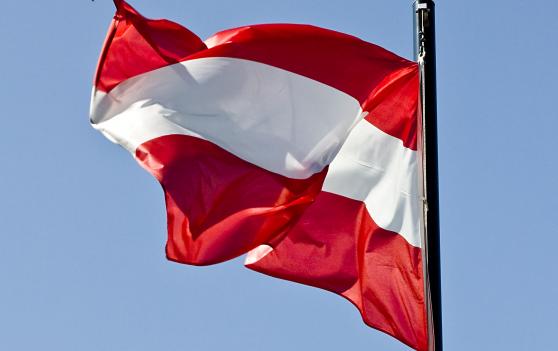The once-only principle aims at eliminating extensive administrative burdens from citizens. But there are many things that have to be taken into consideration depending on the principle itself. Once-only has a lot to with interoperability and the question, how the data is shared between different public authorities. But what does all of that mean in general? If you are not an expert on once-only yet, all of the different terms and project can be a little confusing. To help you understand, what we are working on, we are providing you with a different number on helpful means.
Become an expert on the once-only principle!
Our information materials
Knowledge Base of once-only cases and enablers
The knowledge base is a digital platform that describes a broad variety on once-only principle cases from Europe and beyond, like the case of the Austrian child benefit. We have also collected a number of enablers, that means infrastructures that facilitate once-only cases. The cases have been collected by our stakeholder community and can therefore be seen, edited and commented by everyone which is part of our online community. If you are not a member yet, please register here. If you have a new case you want to present, please tell us about it! We are constantly looking for presenters for our workshops who want to share their knowledge regarding once-only. Get in contact with us if you are interested!
Showcases
During our analysis we have found a number of outstanding implementations of the once-only principle that could serve as role models for other countries. Therefore, we have had a deeper look at them and described them more detailed on our website. If you are looking for inspiration for once-only implementations in your own country, have a look at our showcases.
Domains and Roadmap Results
The five domains for the future OOP scenarios were chosen basing on the “information areas related to citizens” suggested in Article 2(2)(a) of the Single Digital Gateway Regulation. The future once-only principle scenarios in the cross-border context describe how future interactions between governments and the corresponding stakeholders could look like, which tools, standards, and technologies can be used to share and reuse data, and further important aspects derived from the present-day point of view. Have a look at five different future OOP scenarios developed by our project team.
Roadmap and Recommendations
This section reflects the outcomes reported in Deliverbale 4.2. This deliverable documents the findings of tasks 4.3 and 4.4 that were carried out in work package 4. Task 4.3 aimed at developing a roadmap of future areas of actions to guide policy makers as well as implementers and funding bodies of the once-only principle. The main objective of this roadmap was to spread the maximum potential of the OOP4C vision.
Glossary
Data provider, data processor or data requestor – you are reading the different terms but have no idea what they mean? Then you should have a look in our glossary. We have collected a lot of relevant terms which are connected to once-only and interoperability in general. If you think there is one missing or a definition is wrong, please write us and we will share your ideas on our website.
Link list
You are still new on the subject of once-only and interoperability in general and want to know more about it? Then have a look at our link list. We have collected a number of research studies and projects that are related to the topic.







